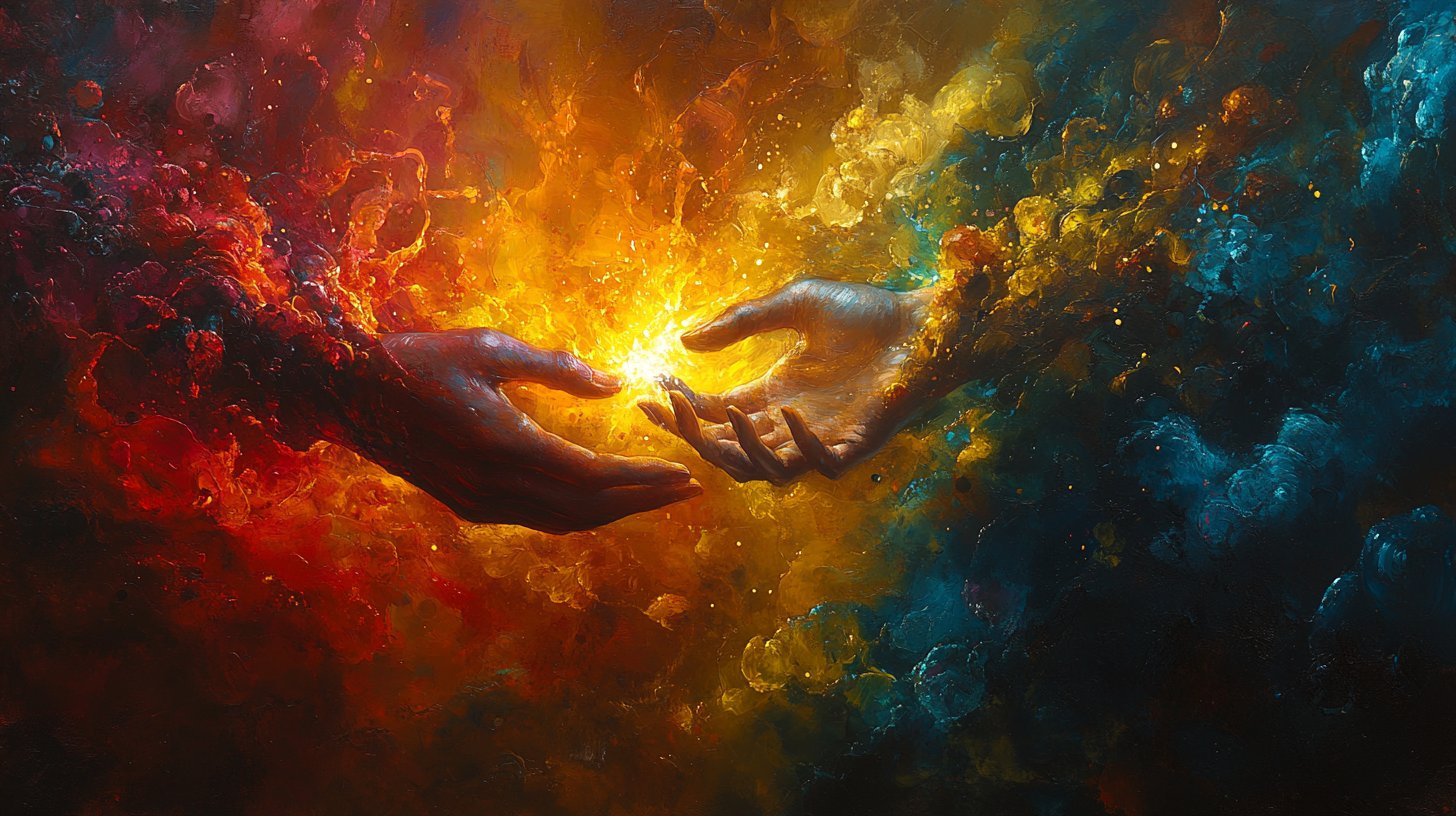How different chemistries enhance love

Love is a complex feeling influenced by many factors, but chemistry plays a central role in relationships. Emotions, connections, and preferences are the three key terms that help us understand the mechanisms of love. By becoming aware of the different types of chemical bonds that can create and deepen love, we open the door to deeper relationships and more joy in life.
It is important to understand that chemistry exists not only in science but also in our relationships. When we talk about chemistry in love, we are not just referring to physical attraction. It’s about how we feel connected to each other, how we approach one another, and how we create emotional bonds that go beyond the physical. These chemical elements are crucial for experiencing a long-lasting and fulfilling love.
The chemistry of attraction
The first and perhaps most obvious type of chemistry in love is physical attraction. This form of chemistry is based on our biological and neurological apparatus. When we see someone for the first time and feel attracted to them, our brain plays a central role. Hormones like dopamine and oxytocin are released, giving us a sense of happiness. These chemical reactions cause our heart to beat faster and our skin to glow. It is the initial chemical reaction that ignites the first spark and is often referred to as 'butterflies in the stomach'. It is important to harness this attraction to build a deeper relationship, but also to critically question what lies behind this attraction.

The emotional connection
Once the initial attraction has arisen, an emotional bond often develops. This chemical connection becomes increasingly important the longer the relationship lasts. Here, hormones are again at play, particularly oxytocin, known as the 'cuddle hormone'. It plays a crucial role in establishing trust and closeness. When we spend time together, hug, or even just gaze into each other's eyes, oxytocin influences our perception and helps to strengthen the feeling of connection. Creating shared memories through experiences further fosters this emotional connection. This means couples should regularly spend time together to strengthen these chemical bonds and ensure that love does not remain just a short-term flame.

The intellectual chemistry
An often-overlooked but especially important component is intellectual chemistry. It’s about how well two people align on an intellectual level. This chemistry promotes engaging and meaningful conversations that can deepen understanding of one another. When partners have similar views, interests, or goals, a deeper connection is formed. While physical attractions and emotional bonds are important, intellectual chemistry can act as a catalyst for growth in a relationship. It is important not to neglect this type of chemistry, as it can help make the relationship stronger and more stable over time. Partnership means, above all, challenging each other and growing on an intellectual level.

In summary, loving relationships consist of a complex mixture of various chemical elements. The idea is to find a balance between physical attraction, emotional connection, and intellectual chemistry. While initial attraction may be exciting, it is the deeper connections that keep the relationship strong in the long run. Therefore, it is important to actively work on all three aspects in our relationships.
Finally, we should always remember not to take the chemistry in love for granted. Just as we should continually work on ourselves and our goals, relationships require care and attention as well. The more effort we put into developing our relationships, the more joy and fulfillment we will ultimately experience. Let love flourish by exploring and celebrating the different chemistries that strengthen it.


